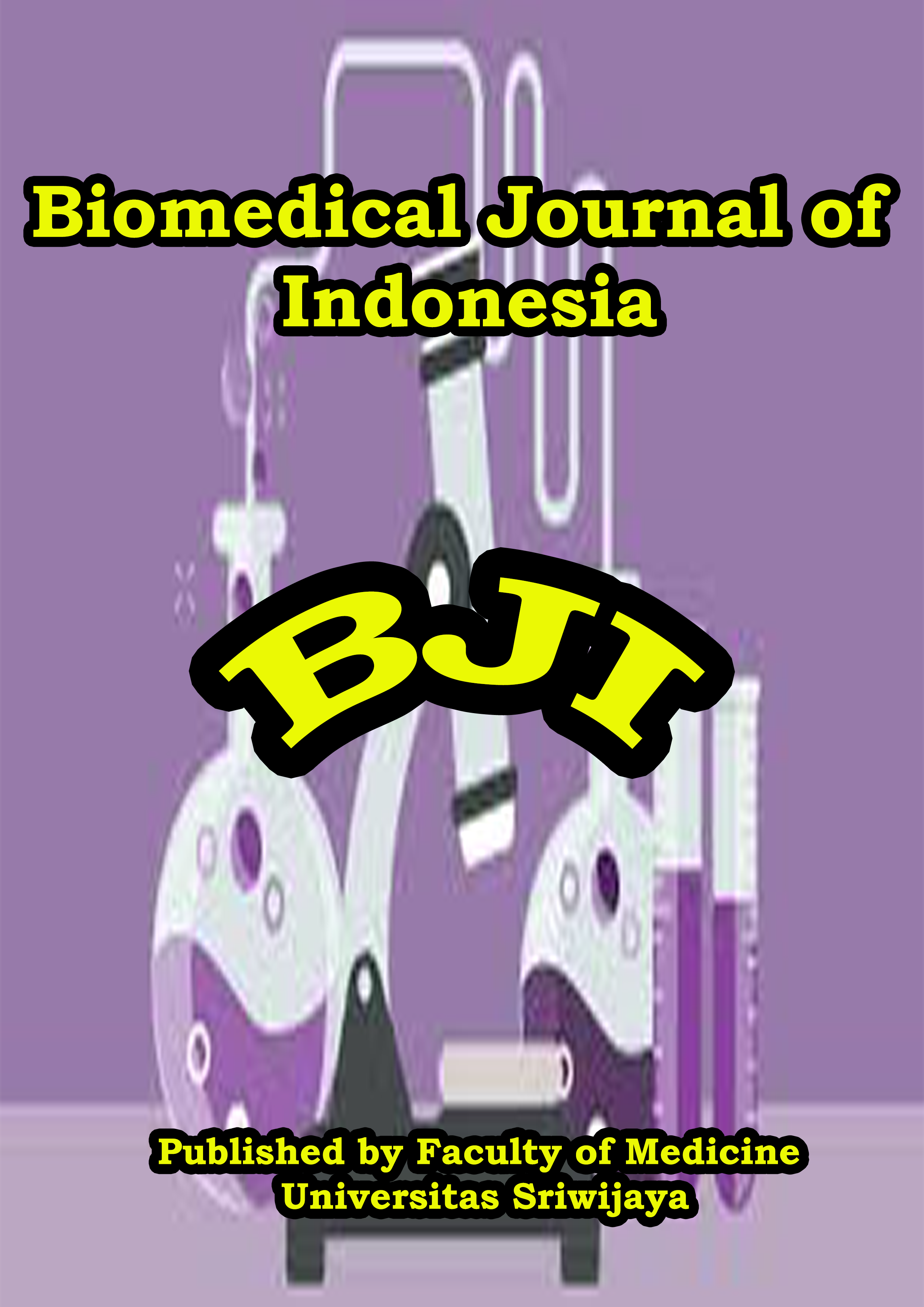The Role of Probiotics as An Adjuvant Therapy for Sepsis Against Multidrug-Resistant Bacteria
Main Article Content
The role of probiotics on sepsis, particularly when induced by multidrug-resistant (MDR) bacteria, is mediated through complex biochemical pathways. Probiotics demonstrate a capacity to effectively combat infections and reduce mortality rates in sepsis cases. A significant contributor to this efficacy is attributed to the short-chain fatty acids (SCFAs) produced by these probiotics. SCFAs play a critical role in modulating the immune system, primarily by influencing the production of inflammatory cytokines, fortifying the integrity of intestinal epithelium, preventing cellular apoptosis, and maintaining the balance of gut microbiota. Moreover, probiotics are instrumental in counteracting the detrimental impacts of excessive antibiotic use, which is a major contributing factor to the emergence of MDR bacterial strains. The integration of probiotics with conventional therapeutic approaches offers a viable and potentially effective strategy in the management of sepsis caused by MDR bacteria, suggesting a promising direction for future clinical interventions.

